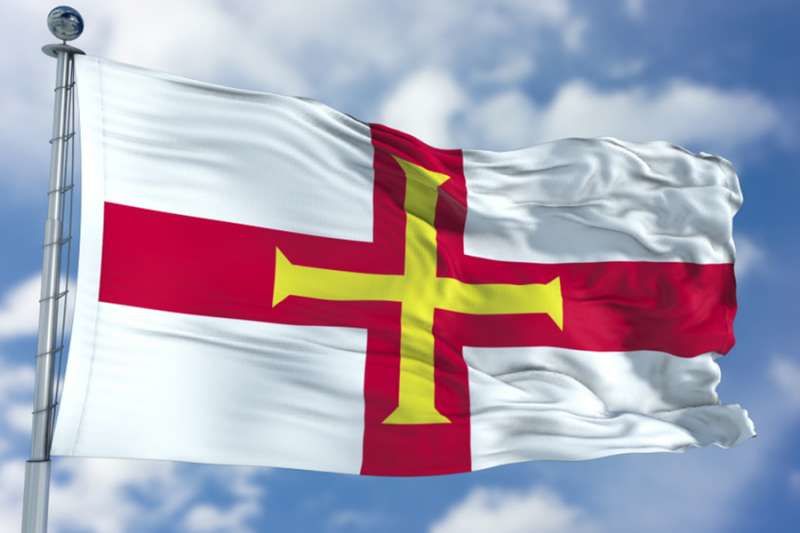Christian leaders on the Channel Island of Guernsey have united to author an open letter opposing assisted suicide legislation which will be debated in the coming months.
Signed by 53 pastoral ministers and 41 churches, the letter spelled out the dangers of introducing physician assisted suicide in the bailiwick, calling the measure dangerous for the community.
“We believe the proposal to introduce a legal provision for assisted dying to be misplaced and indeed a danger for us as a community, particularly for the most vulnerable in our island,” read the letter.
“We believe the States of Guernsey should focus on the care of vulnerable people, support the Les Bourgs Hospice, increase mental health provision and care well for those with age-related dementia. As a community we need to celebrate and support all of life and not actively seek to terminate life.”
“Every life is a gift that is precious and worthy of defense. Living life in all its fullness will include darker times, pain and sorrow. This is part of the rich diversity and tapestry of life that also provides opportunities for care, generosity, kindness and selfless love,” the letter continued.
One of the letter’s signatories, John Guille, is chairman at Les Bourgs Hospice. Other signatories of the letter included officials of the Catholic Church, the Church of England, and Methodism.
Debate on the whether to approve in assisted suicide legislation in principle will take place May 16 in the territory's legislature, the States of Guernsey. Guernsey is a Crown dependency for which the U.K. is responsible, located off the coast of Normandy.
Current laws in Guernsey do not make allowances for physician assisted suicide and the island’s prominent hospice center, Les Bourgs, adheres to the World Health Organization’s ethos of hospice and palliative care, which upholds that end-of-life care may “neither hasten or postpone death,” according to the Guernsey Press.
“We are taking the exceptional step of writing to the people of Guernsey as Church leaders across a wide community of Christian witness,” the Christian ministers wrote.
In the letter, the church leaders cautioned against the popular push for “choice” when it comes to end-of-life care, saying that it should not be “the primary argument for life and death issues.”
“Deeper ethical and moral considerations should have much greater weight in matters of island policy and law,” they said, also noting that “individual ‘choice’ is not an isolated event,” but rather something that effects other people and society as a whole.
“Our decisions can also be influenced by profound life-changing events,” they continued, noting that an illness or a grim diagnosis would have a profound effect on a person’s ultimate end of life care.
The leaders also highlighted mental health conditions, such as depression, which could push an individual to pursue assisted suicide, instead of looking into other options. They encouraged the “support of those who love us,” during these challenging times, instead of pushing death.
The States' consideration of the assisted dying measure would also hold a great weight for the vulnerable on the island, the church ministers noted, saying that individuals with disabilities, the elderly, and others with sicknesses will see the measure as “a threat.”
They also noted that the legislation would dramatically affect the relationship between doctors and patients, “threatening the trust that issuing life-ending prescriptions will bring.” The assisted suicide legislation could additionally open the doors to other measures, the leaders wrote, reaching beyond the conditions of those nearing their lives.
“Of the few other jurisdictions that have introduced assisted dying most have, over time, seen the initial safeguards eroded and criteria broadened to include other conditions beyond terminally ill people,” the letter said.
“To assist in the death of another is essentially to assist in their suicide,” the letter continued.
Ultimately, the Christian leaders on Guernsey urged citizens to discern deeply the potential impact of introducing physician assisted suicide, particularly on the community’s most vulnerable citizens.
“Our hope and prayer is that the requete is rejected by the States,” the letter said. “This is a life and death issue so please contact your deputies with your views, doing so with the care and compassion that sustains our island community.”
Bishop Philip Egan of Portsmouth, the diocese which encompasses Guernsey, had spoken out against the assisted suicide proposal in a letter last month to the Parish of Our Lady and the Saints of Guernsey. He urged Catholics to “mobilize” and to “speak out against this proposal.”
“Someone near the end of life needs emotional support, comfort and care, good pain control, respect and loving communication — not suicide on prescription,” Egan said.
If the upcoming legislation passes, Guernsey would be the first territory among the British Isles to legalize assisted suicide.

